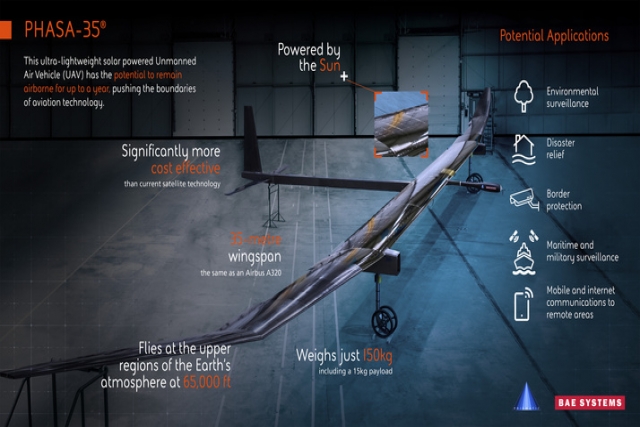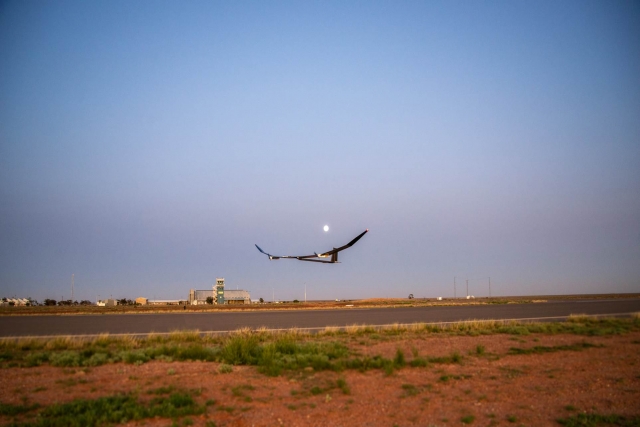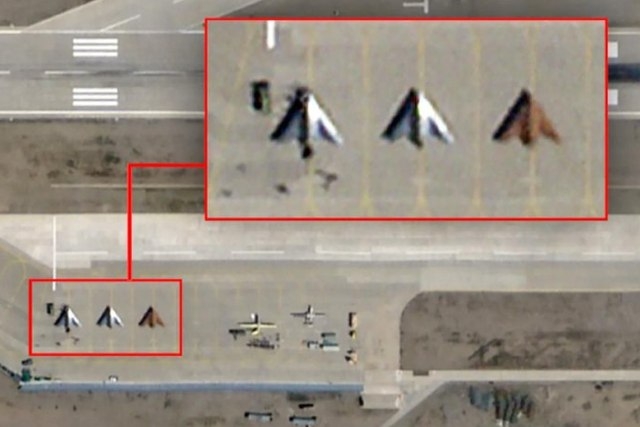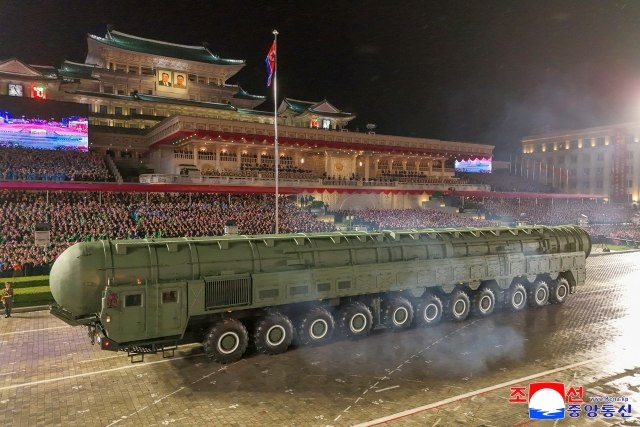PHASA-35 Solar Aircraft Completes Critical Endurance Trials with Sensor Payload

BAE Systems’ PHASA-35, a 35-metre wingspan solar-electric aircraft, has successfully completed critical endurance trials with sensor payload.
“This latest success, only eight months after PHASA-35’s maiden flight, further demonstrates how UK industry and our partners are accelerating pace to deliver the UK’s vision for innovation, a Future Combat Air System and information advantage,” Ian Muldowney, Chief Operating Officer, BAE Systems Air, said.
The solar-powered maritime surveillance drone operated for 72 hours in a simulated environment that models the harsh stratospheric conditions in which the aircraft is designed to operate, the company said in a statement today.
The trials, a collaborative effort by BAE Systems, Prismatic and the UK’s Defence Science and Technology Laboratory (Dstl), advancing the aircraft’s operational utility.
Known as critical ‘soak’ tests, the trials demonstrated the aircraft working effectively as a fully integrated system together with Dstl’s communications sensor payload; a radio frequency sensing software defined radio that provides a real-time and secure data link.
Digital testing and flight systems has enabled the testing to be completed through a series of highly representative ground-based tests, driving pace and reducing costs in the development phase of the programme.
The tests, which were undertaken in a dedicated 40m hangar at Prismatic’s facility near Farnborough, also enabled the team to practice the various operations needed in flight, including the transition from daytime, when the aircraft is powered by the solar array, to night-time, when the aircraft’s batteries are discharged.
Further flight trials are due to take place in the coming months and this latest milestone is another step forward for the aircraft which could enter initial operations with customers within 12 months of completion of its flight trials programme.
PHASA-35
The PHASA-35 high altitude, long endurance, unmanned aerial vehicle (HALE UAV), successfully completed its first flight in February, less than two years from initial design. The UAV has the potential to maintain flight for up to a year at a time, in the stratosphere, providing military and commercial customers with capabilities not currently available from existing air and space programmes.
PHASA-35 has a wide range of potential applications such as the delivery of communications networks, including 5G, as well as support to disaster relief and border protection. Its payload capacity can be adapted to meet the needs of the user to carry sensors such as cameras, thermal imaging and communications equipment.
The aircraft’s long-life battery and highly efficient solar technology allow PHASA-35 to potentially maintain flight for up to a year operating in the stratosphere, the upper regions of the Earth’s atmosphere, and will plug the gap between aircraft and satellite technology.










